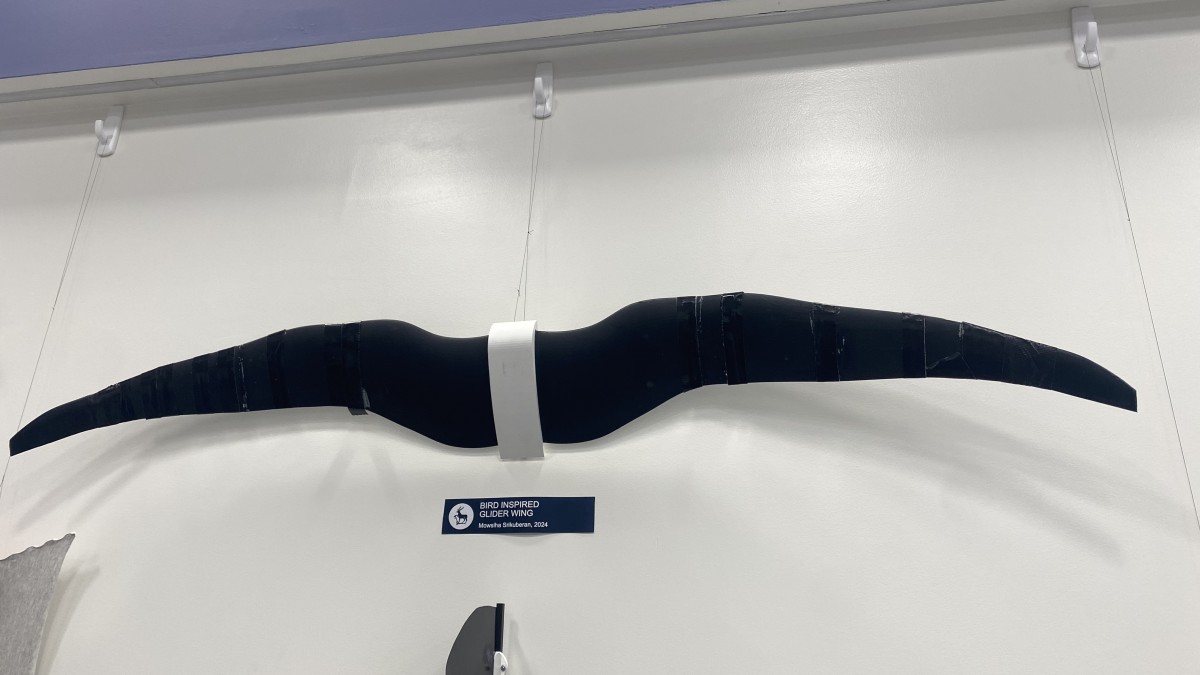Bird-inspired drones could be key to navigating through dense cities and offshore wind farms
A new type of drone, inspired by the aerial precision of birds of prey, could one day navigate through dense city skyscrapers to deliver our packages or inspect hard-to-reach offshore wind farms, thanks to pioneering research from the University of Surrey.

Engineers are developing fixed-wing, unmanned aerial vehicles (UAVs) capable of performing agile manoeuvres, such as perching or obstacle avoidance, by studying the flight behaviour of owls and other precision flyers. The project, called ‘Learning2Fly’, aims to overcome key limitations of conventional drones, particularly in environments where space is tight and wind conditions are unpredictable.
Unlike standard rotary-wing drones, which are highly manoeuvrable but energy-intensive, fixed-wing drones are far more energy-efficient and capable of covering longer distances, making them ideal for applications such as wind turbine inspections at sea. While they have typically lacked the agility needed to fly safely and precisely through turbulent or cluttered airspace, the Surrey team’s project could allow this new class of UAVs to operate with far greater control and adaptability by harnessing wing aerodynamics.
Instead of relying on complex computer simulations, researchers are testing the manoeuvres in real-world experiments using Surrey’s motion capture lab. A number of lightweight prototypes have already been built and tested, some of which were adapted from commercial toy planes, to track their motion in 3D using onboard sensors and high-speed cameras. The data collected is being fed into a machine learning model, helping the team predict drone behaviour without relying on conventional aerodynamic simulations.
We’ve already presented some of our early findings, and it’s exciting to see how well the drone performs even at this stage. It’s humbling that in an era of advanced machines and technology, we’re still looking to the natural world – and one of the oldest living species on the planet – for inspiration.Owen Wastell, University of Surrey PhD student and project co-lead.
With further testing planned for outdoor environments, researchers hope the project will lay the groundwork for a new generation of agile, energy-efficient drones guided by nature.
###
Notes to editors
- Dr Olaf Marxen is available for interview; please contact mediarelations@surrey.ac.uk.
To arrange a demo of the fixed wing prototype, contact mediarelations@surrey.ac.uk.
Related sustainable development goals


Media Contacts
External Communications and PR team
Phone: +44 (0)1483 684380 / 688914 / 684378
Email: mediarelations@surrey.ac.uk
Out of hours: +44 (0)7773 479911
